Jul 9, 2024 11:35 AM
Trumpeter, Educator Jim Rotondi Dies at 61
Jim Rotondi, a renowned hard-bop trumpeter, composer and educator, died suddenly on July 7 at a hospital in France. He…
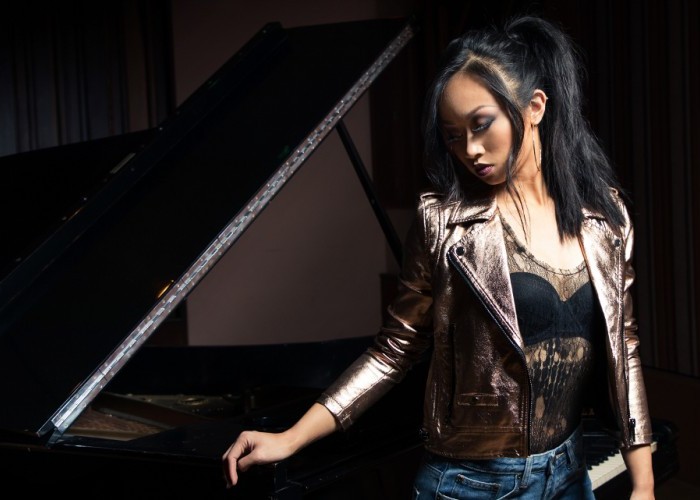
Connie Han’s debut, Crime Zone (Mack Avenue), is out now.
(Photo: Raj Naik)Pianist Connie Han’s debut, Crime Zone (Mack Avenue), might elicit a combination of praise and intrigue around her defiance of jazz—and classical—stereotypes. Rather than perceive the music’s history and sonic legacy as a shadow from which to run, Han is about bridging time periods and musical ideas—putting her at the center of everything, as opposed to being engulfed and overwhelmed by it.
The Los Angeles-based pianist recently spoke to DownBeat about music education, cyberpunk and her own musical values.
The following has been edited for length and clarity.
What should teachers of jazz and classical music do to better bridge and embrace the differences between the musics for new students?
I am grateful to my classical training for providing me the technical facility and the command of the [piano] to really tackle jazz as a complete art form. It’s important [for a teacher of jazz] to have a classical background, because that will only lift [their] musicianship and seriousness as an instrumentalist. [Conversely,] it’s so easy for younger classical musicians to just read music off the page and not fully absorb what is going on in harmonic functionality and melody, and why certain things are happening in the compositions.
I think if a classical student listens to jazz and understands a bit more about improvisation, that can really inform the perspective of learning music as music, rather than just notes on the page.
What about your playing was affected by the combination of learning classical repertoire and developing a comfort with jazz?
A common mistake that [classical converts to jazz] make, is that they’ll improvise with their hands, rather than their head, or their heart ... . It’s an intellectual exercise, as well as an exercise in communicating the human elements of music. It’s about conveying the human spirit and, honestly, it’s just like a primal instinct of who you are as a person and a human. It gets so deep in that abstract realm, you just can’t afford to think about the mechanics of playing your actual instrument. And that’s why I feel so blessed to have grown up with a classical background.
The name of your album, Crime Zone, is taken from a 1989 dystopian feature film that starred David Carradine. Can you explain the connection between jazz and the futuristic vibes of that film, Blade Runner and Ghost in the Shell?
I think jazz and cyberpunk are inherently rebellious. Jazz, historically, is rebellious in that the beatniks of the 1940s and ’50s—a.k.a. the original American hipsters—they used to worship the music of Charlie Parker and Dizzy Gillespie, because it was such a big deal when that bebop movement came up. That was the first iteration of intellectual jazz, and I feel like the beatniks tried to take that and be like, “This is intellectual. This is so nonconformist. Like, this is so edgy.” So, I think jazz in itself, in decades past, has always been about being rebellious and giving the middle finger to the status quo.
How do you balance the preservation of jazz’s legacy and compositional values with a desire to write unique contemporary music?
[W]hat’s inherent in jazz—even in straightahead music—is that you are essentially creating something from nothing. That’s kind of the beauty of jazz. [Y]ou’re playing the same stupid song over and over again, but you’re finding different ways of interpreting that same song.
I think there are infinite creative possibilities within the jazz tradition. Frankly, I wish I had more than one lifetime to explore all of it, and I think there are just so many different things you can say, because uniquely, you’re you. What you say is yours. So, I don’t really have a hard time balancing all that, because I think that jazz in itself is already individualistic and unique to the artist.
There’s a school of thought within the modern-jazz scene that traditional jazz is dead, and that people are just playing the same old lick over and over again, and that swinging is an archaic thing. I think swinging is about being in the moment—jazz has always been about being in the moment, and the tradition is like a lifestyle that you embrace.
Jazz education has made it so that traditional jazz has been pigeonholed into a museum art form, and you can hear that when people play it in that way. I want to make it so that when I play it, it sounds like it’s happening right now, rather than, “Oh, she’s playing the tradition,” because jazz is inherently about improvisation.
I guess I just want to make it stop sounding so like, “I went to jazz school.” DB
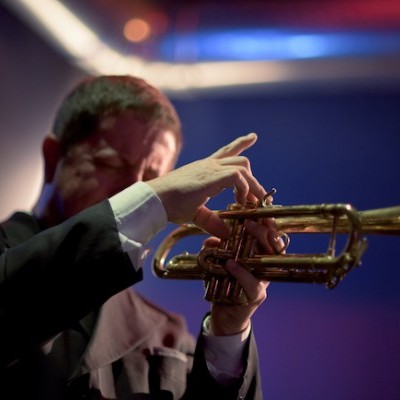
Jim Rotondi was acclaimed for his wide, round trumpet tone, remarkable virtuosity and assured swing.
Jul 9, 2024 11:35 AM
Jim Rotondi, a renowned hard-bop trumpeter, composer and educator, died suddenly on July 7 at a hospital in France. He…
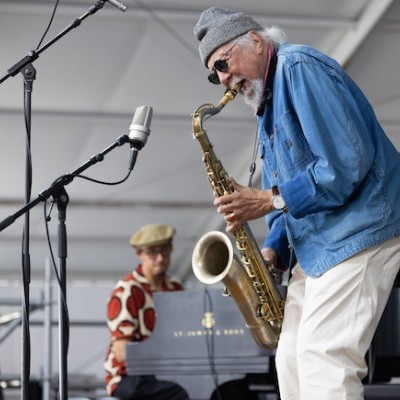
Charles Lloyd, seen here at the 2024 New Orleans Jazz & Heritage Festival, makes DownBeat Poll history!
Jul 11, 2024 12:23 PM
The incomparable Charles Lloyd swept the 72nd Annual DownBeat Critics Poll, becoming the first artist ever to earn…
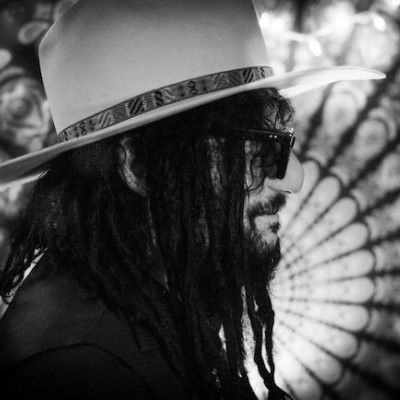
“Being president of Blue Note has been one of the coolest things that ever happened to me,” Was said. “It’s a gas to serve as one of the caretakers of that legacy.”
Jun 4, 2024 12:21 PM
Sitting with Don Was is a comfortable and unhurried exercise. He may seem slightly reserved at first, but ideas and…
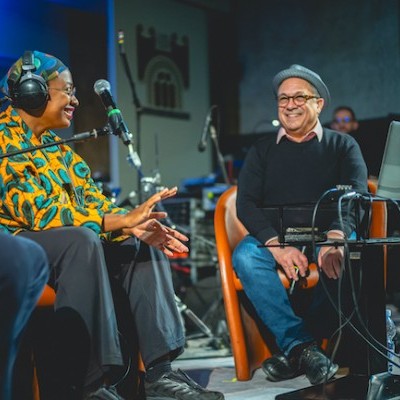
“She reminds me of my childhood and makes we want to cry,” Cécile McLorin Salvant, pictured here with writer Ashley Kahn, said of Dianne Reeves.
Jun 11, 2024 12:31 PM
Italy’s Umbria Jazz Winter is one of those rare annual festivals that not only coincides with a major holiday —…
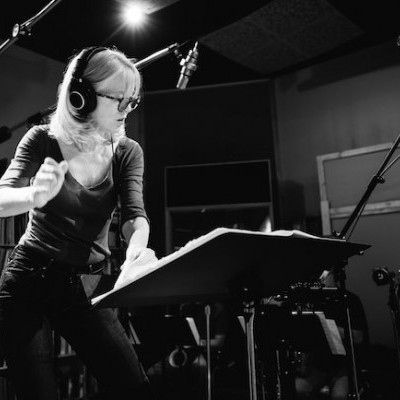
Maria Schneider said of Decades, her new compilation release: “I just wanted to create something, put it in a beautiful box and say, ‘Look at what we did.‘”
Jun 18, 2024 12:00 PM
Maria Schneider opened the sleek black box and placed it on a coffee table in her Manhattan apartment. Inside lay the…